College of Science, Engineering & Technology
Thinking out of the box, Unisa researcher targets innovation in water treatment
Rapid urbanisation has created a challenge for urban water management, pushing up pollution and placing a strain on water treatment capacity.
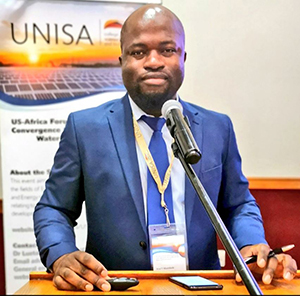
Prof. Thabo Nkambule
In response to these challenges, Professor Thabo Nkambule’s research seeks to understand key elements of urban water and the global drivers for urban water management. This understanding will underpin the development of new and innovative water treatment technologies that complement existing conventional water treatment technologies.
Nkambule is the Head of the Institute for Nanotechnology and Water Sustainability (iNanoWS) in Unisa’s College of Science, Engineering and Technology and a C3 NRF-rated researcher. His research project is formally entitled “Towards the use of novel and innovative technologies combined with existing conventional methods for the treatment and removal of natural organic matter (NOM) from various water sources in South Africa”. The project aims to develop strategies for rapid characterisation of NOM in South Africa’s water systems in comparison with those of the United Kingdom (UK).
Combining research visions
In 2019, Nkambule became part of the university’s VisionKeepers Programme (VKP), which seeks to advance niche-area research by providing funding for emerging researchers. His mentor in the VKP is Peter Jarvis, a professor of Water Science and Technology at the Cranfield Water Science Institute in the UK, who focuses on the upscaling of methods for application in water treatment processes. With Jarvis’s guidance, Nkambule has been able to refine his expertise in the development of methods at fundamental levels for the removal of organic pollutants from water.
Their collaboration has assisted in bringing technological advancements to the water industry and academia in the UK and South Africa. They have two joint publications, one in the Journal of Environment and Chemical Engineering and the other in the Environmental Science and Technology Journal.
Nkambule is a professor under the thematic area of Urban Water Cycle and Water Treatment Technologies research niche at iNanoWS. He is supervising 15 master’s and doctoral (M&D) students, who will also benefit from VKP through Jarvis’s inputs to their research projects.
“This kind of human capacity development will enhance the country’s ability to develop practical, innovative and affordable solutions to the challenges of water scarcity and deteriorating water quality,” says Nkambule.
Concerning VKP, Nkambule says that the programme speaks directly to his personal attributes for success. “Set a vision for yourself,” he says, “and then work aggressively towards attaining it. I saw the call for applications as a perfect opportunity presented to me by my employer to grow my career, with the hope that my growth as a staff member will equate to an automatic growth to the university and the students I supervise.”
A response to the Thuma Mina call
Nkambule is responsible for the strategic direction, operations and consolidation of all research activities on water and nanotechnology at iNanoWS. The institute has a dynamic team of 21 staff members and boasts scholars highly recognised both nationally and internationally. The research institute hosts 15 postdoctoral fellows and a cohort of 60 full-time registered M&D students as well as seven part-time M&D students.
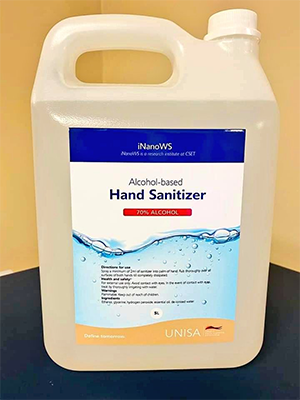
Hand sanitiser produced by iNanoWS
iNanoWS was established primarily to conduct research that speaks to the needs of people and to show relevance to community stakeholders. At the beginning of the COVID-19 pandemic in 2020 the institute responded with a resounding YES to President Cyril Ramaphosa’s Thuma Mina (send me to serve) call. “We had to rise to the occasion and come up with an innovative sanitiser that is to be used by the university community,” said Nkambule.
iNanoWS engaged with South African Breweries to request a large amount of waste beer, which contains an average 8% of ethanol (alcohol). Staff purified and distilled the beer further to make pure ethanol, which they have used for the hand sanitisers. The institute produced 250 litres of hand sanitiser that has been branded with the iNanoWS logo and distributed to all the Unisa campuses through University Estates.
“I must thank the management committee and all at Unisa who have given us the opportunity to take our innovation to the people and to put iNanoWS at the forefront of our actions,” said Nkambule with gratitude.
Words of wisdom
You may be wondering how it is that a 37-year-old, although both a professor and C3 NRF-rated researcher, has been granted a rare, once-in-a-lifetime opportunity to be the head of an institute as big as iNanoWS.
“My words of encouragement are you must set out your targets,” says Nkambule, “and move on to achieve them in a space and manner that will allow you to achieve what you want to achieve without necessarily being pressured by what is happening around you. Most importantly, the first and biggest thing to do when you want to move forward is to decide what it is that you want to do. You then set out what you want to do, ensuring that you get yourself a very good mentor and associate yourself with people that inspire you because for you to be motivated to be at a higher level you must make sure that you hang around people who are motivated … you should soar high on wings like an eagle”.
* By: Mpho Moloele, PR and Communications Assistant, Department of Research, Innovation and Commercialisation
* Teaser image: pqsels.com
Publish date: 2021-04-07 00:00:00.0


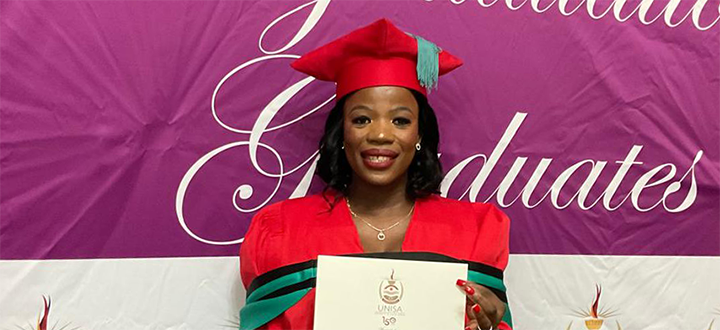 Wielding her Unisa PhD, Botswana educator champions early childhood development
Wielding her Unisa PhD, Botswana educator champions early childhood development
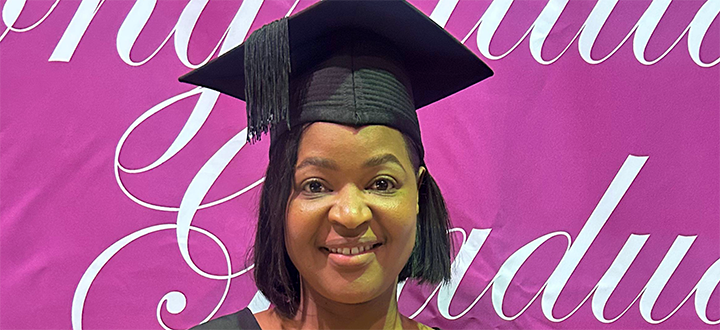 Proud Unisa alumna bridges distance and fuels career growth
Proud Unisa alumna bridges distance and fuels career growth
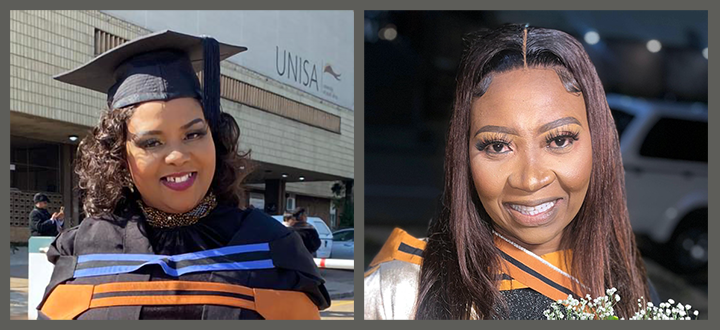 SAPS women in blue graduate at Unisa
SAPS women in blue graduate at Unisa
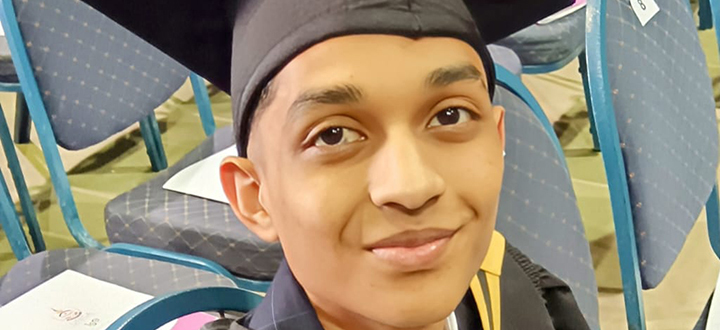 Degrees of determination: Stories of grit, growth, and graduation
Degrees of determination: Stories of grit, growth, and graduation
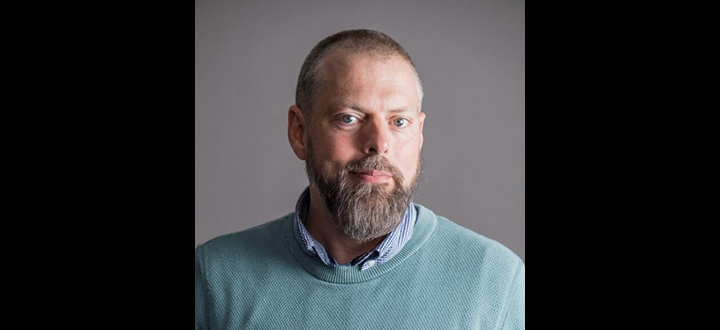 Unisan awarded prestigious British Academy Equitable Partnerships funding
Unisan awarded prestigious British Academy Equitable Partnerships funding